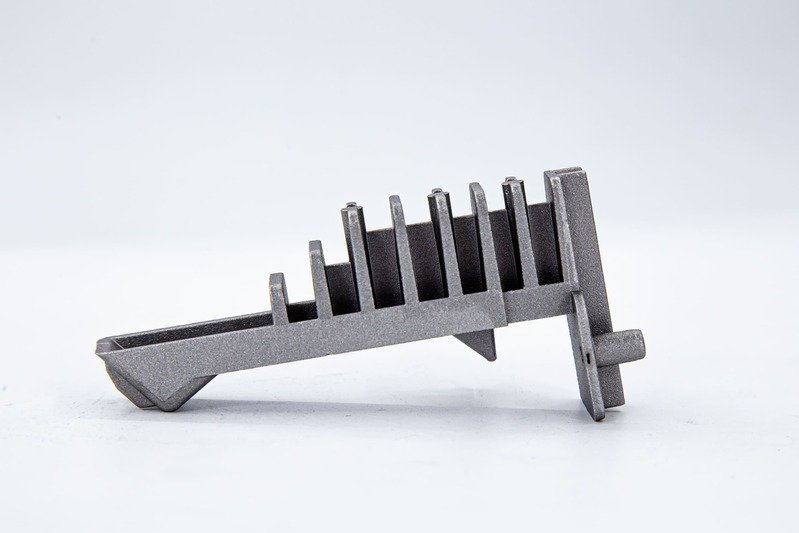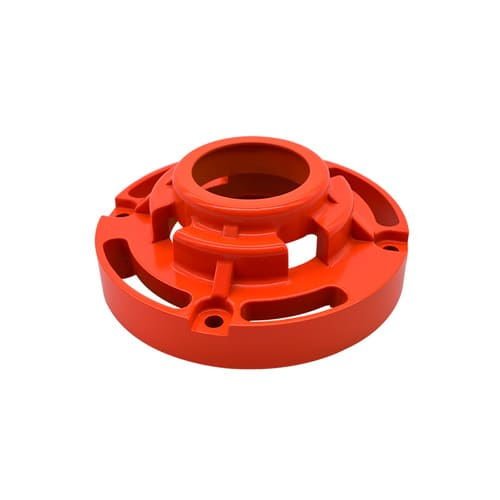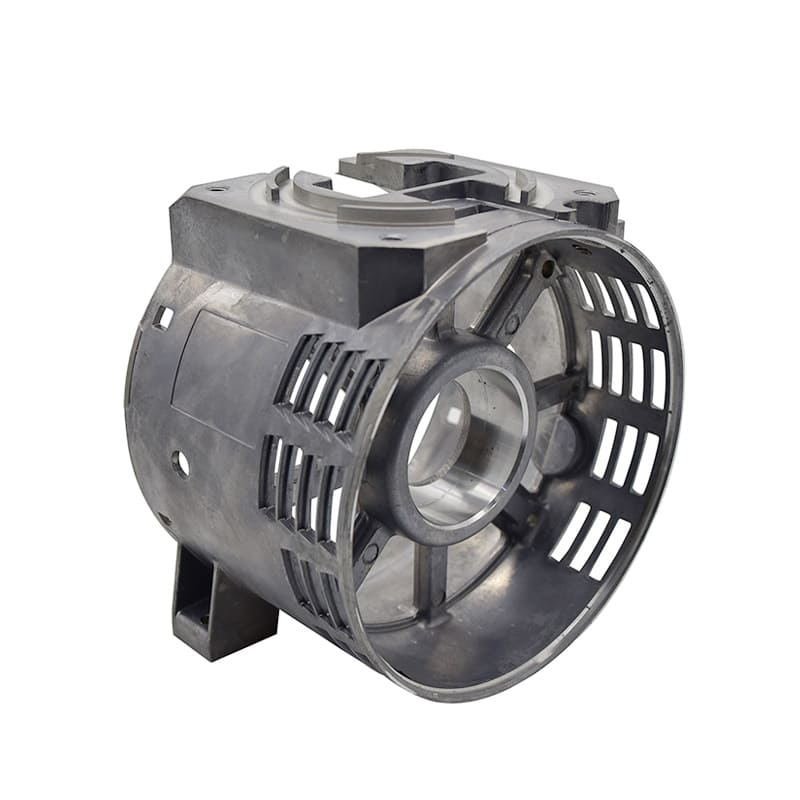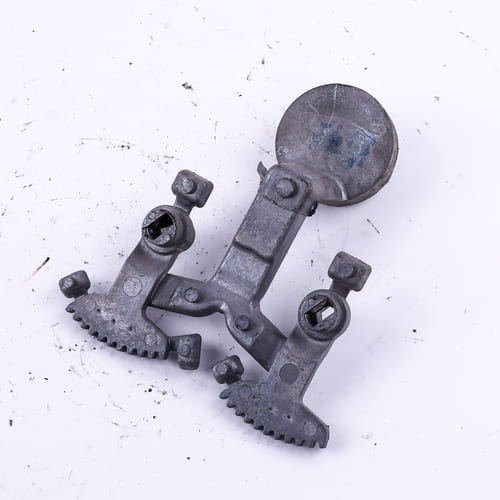The casting industry has expanded rapidly due to its increasing use in the automotive, construction, and packaging industries. Additionally, the car industry’s rapid expansion has significantly supported the market. According to the International Organization of Motor Vehicle Manufacturers (OICA), 95,634,593 vehicles were produced in 2018.
In addition, developing the building and construction industries is a further driver of market expansion. From 2020 to 2021, construction spending in the United States increased by 1.7%.
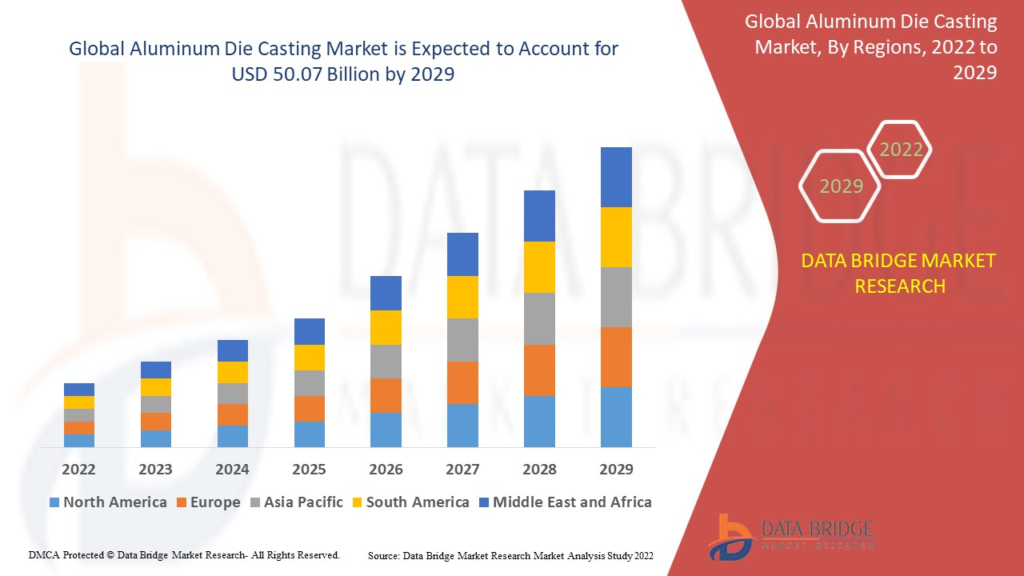
Once you’ve determined that the aluminum die-casting method is right for the job, the next critical step is determining the best alloy.
Your choice of aluminum alloy will have a significant impact on both the casting process and the finished product’s qualities. You must therefore carefully consider your options and adopt a well-informed strategy.
Discover what characteristics are vital when selecting an alloy for the die and which properties are most frequently used in die-casting applications.
Characteristics of Aluminum Die-Casting Alloys
In order to choose the best aluminum alloy for the job, you must balance a variety of aspects. These comparative alloy properties are separated into two categories according to the North American Die Casting Association recommendations.
- The first category discusses the properties of alloys that have an impact on production.
- The second section addresses factors influencing the final product’s characteristics.
Why is the Alloy Important?
An alloy is defined as the mixing of two or more components to form a single composition. In this particular case, it refers to the combination of aluminum with other substances.
Additionally, alloys combine several material characteristics of the constituent materials. You may entirely alter how the finished part functions and behaves by varying the quantities of copper, zinc, and chromium.
In our experience, there are several cases where one alloy performs well while another tragically fails. Strength and corrosion resistance are two examples.
The mixture won’t be as strong if there isn’t enough aluminum in it. In the same situation where a high-aluminum percentage alloy won’t have any issues, a low-aluminum content alloy may fail and collapse.
A few of the key traits of typical aluminum alloys used in die casting are compared in the following table. The featured links below provide exact technical values for each alloy.
| Alloy | Corrosion Resistance | Resistance to Hot Cracking | Anodizing | Machinability | Common Applications |
| A380 | Fair | Very Good | Good | Good | Workbench vises and other hand tools, gear cases, lawnmower housings |
| A360 | Excellent | Excellent | Good | Good | Instrument cases, irrigation system parts, outboard motor parts, hinges |
| 383 | Good | Excellent | Good | Very Good | Engine Brackets, cylinder head covers, appliances, furniture, power tools |
| A413 | Excellent | Excellent | Good | Fair | Outboard motor pistons, dental equipment, street lamp housings |
| B390 | Fair | Good | Fair | Fair | Pistons, blocks, manifolds, and cylinder heads for internal combustion engines, brake cylinders |
| 518 | Excellent | Poor | Excellent | Excellent | Architectural castings, conveyor parts, marine and aircraft hardware fittings |
Which Alloy Should You Choose for Your Project?
No single alloy can be said to be the best for all applications. As a result, you must carefully consider which components are important for your work.
A380 Aluminum Alloy
Choosing the A380 is an excellent way to reduce the weight of your part and save money. Although it doesn’t have the same hardness or corrosion resistance as other alloys, it is less expensive and simpler to work with, making it more of a “general-use” alternative.
There is a good possibility that the A380 will function during the die-casting process, even if you have a complex item with challenging geometries.
Despite being less expensive, this alloy retains its high levels of strength, electrical conductivity, and heat resistance.
A383 Aluminum Alloy
A383 aluminum alloys have many of the same properties as A380. The difference is that A383 fills molds even better, so if the product is very detailed, we might recommend this material option.
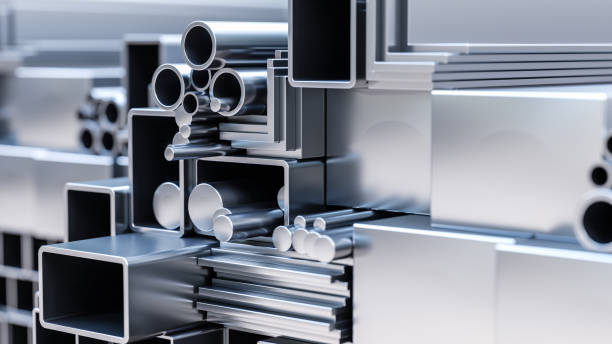
In hot environments, A383 performs better and cracks less frequently than A380. Additionally, it is a little more expensive, less resilient, but it delivers even greater strength at extreme temperatures.
A360 Aluminum Alloy
A360 aluminum alloys are the most effective option on this list so far. They have exceptional ductility, excellent corrosion resistance, and great strength, particularly at higher temperatures.
The drawback is that casting this alloy requires a little more skill. More specifically, we discovered it struggles to fill molds with numerous internal cutouts or features, tight corners, or both.
A360 can be your best alternative if you have a simple product that needs higher strength and you don’t mind paying more per unit.
Conclusion
In general, you can determine which alloy is appropriate for the job by identifying which qualities are more important in your specific case.

